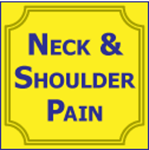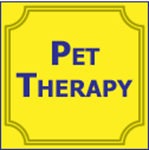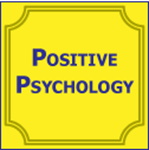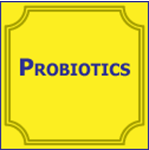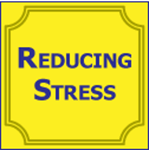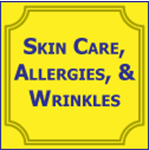You have no items in your shopping cart.
eBooklets with Test
Neck & Shoulder Pain - Ebooklet
Identifies the anatomy and function of the neck and shoulder joint. Identifies the different neck and shoulder disorders. Discusses the differences in presentation of signs and symptoms among the different neck and shoulder disorders. Describes the role of imaging in the diagnosis of neck and shoulder disorders. Lists surgical and non-surgical treatment options for these disorders. Discusses recent advances in joint replacement surgery (arthroplasty) and artificial disc replacement.
$25.00
Meditation - Ebooklet
Defines what meditation is. Identifies the benefits of meditation and the research supporting these benefits. Reviews the history of meditation and how it came to be popular in North America. Identifies the most popular meditation techniques. Discusses how to troubleshoot challenges that may arise while meditating.
$25.00
Pet Therapy - Ebooklet
Describes the aspects of the relationship between humans and their pets that contribute to health and well-being. Cites the scientific evidence on the relationship between pets, life, and health. Identifies the psychological basis for the relationship between humans and their pets. Describes the varying roles of pets as therapeutic agents.
$25.00
On Loss & Grief - Ebooklet
Discusses the clinical study of grief from classical to modern times. Identifies emotional, cognitive, behavioral, social, and physical responses to loss. Describes resilience to loss and explain what may increase the likelihood of this response. Discusses the role of grief counseling and when it may be useful. Describes an intervention model for dealing with loss and grief. Explains the differences between normal and complicated grief. Discusses the treatment of grief in children and adolescents.
$25.00
Positive Psychology - Ebooklet
Describes the origin and goals of the new “positive psychology.” Lists the factors that contribute to happiness and life satisfaction. Discusses the research findings related to happiness and life satisfaction. Lists several activities and exercises that can enhance happiness and life satisfaction.
$25.00
Probiotics - Ebooklet
Describes probiotics and their relationship to bacteria, yeasts, parasites, and viruses. Discusses how probiotics affect the healthy immune system. Explains antibiotics and antibiotic resistance. Describes how probiotics can be helpful in preventing and treating certain diseases and conditions. Identify good food sources of probiotics and prebiotics. Identify how to select probiotic supplements considering their risks and benefits. Describes how healthcare professionals can use this information to improve patient education and outcomes.
$25.00
Reducing Stress - Ebooklet
Explains how the body responds to and processes stress. Identifies the impact of stress on risk for heart disease and the physiological mechanisms that may mediate this link. Describes the role stress may play in increasing risk for health problems across the life span. Identifies a number of interventions for reducing stress.
$25.00
Skin Care, Allergies, & Wrinkles - Ebooklet
Explains the diagnosis and newest treatments for skin conditions and skin allergies. Describes new laser treatments for wrinkles and other skin conditions. Lists the most effective preventive and treatment methods for skin cancer. Identifies coping strategies for patients with psychosocial issues caused by chronic skin conditions. Identifies future trends in medical and cosmetic skin treatments.
$25.00

